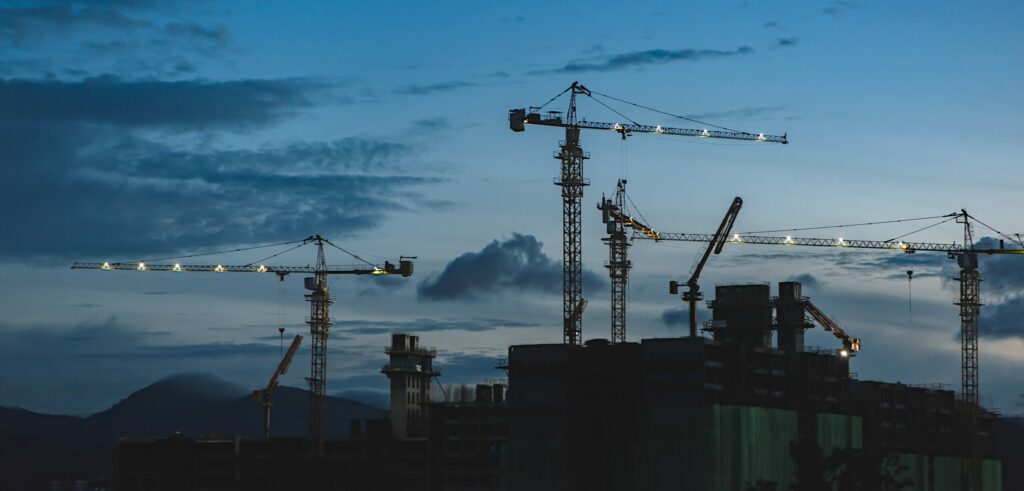Welcome to the latest edition of our regular legal update from the APFL & Partners Vietnam office. This week, we highlight two new draft decrees on Vietnamese working overseas and on sanctions for violations in construction activities. To learn more about one of these changes, just contact our office for more information.
New Regulations Proposed on Vietnamese Working Overseas

Last month, the government issued for public consultation a new draft decree to guide the implementation of the upcoming Law on Vietnamese Workers Working Abroad under Contract. This new law will regulate the rights and responsibilities of Vietnamese citizens working overseas as well as the companies which send them abroad under contract. It was ratified on 13 November 2020 and will come into effect on 1 January 2022.
The new draft decree proposes restricting the conditions for granting a license to send workers overseas. In particular, it adds a new definition of professional staff considered workers with specified job positions. This is designed to ensure sufficient staff frameworks to enable business operations to be carried out. The proposal is aligned with Decree 38/2020/ND-CP dated 3 April 2020 stipulating standards for professional staff, including their experience, qualifications (college or higher) and specialized training (such as law, business administration, foreign languages or economics).
The draft decree also proposes a new regulation on the lease term of facilities. When an enterprise leases premises, the term must be “at least two years” at the time the license application is submitted. The enterprise must also ensure gender mainstreaming at their premises, with separate room and board for male and female workers including adequate bathroom and toilet facilities on site.
New Sanctions Proposed for Violations in Construction Activities

Proposed new sanctions for administrative violations in state management of the construction sector were also published for public consultation last month. On 12 July, the Ministry of Construction (“MOC”) issued a draft decree which proposes dividing the regulations on sanctions into two sections.
The first section includes proposed sanctions for investors, owners, managers, and users who violate regulations when selecting enterprises or individuals to participate in the following construction investment activities: construction surveys; planning and adjustment of construction; architectural activities; the formulation and approval of projects; design and construction cost estimates; urban development; building orders; starting construction works; building orders; pre-acceptance tests, payment, and settlement of investment capital; construction contracts; warranties, maintenance, exploitation and use of works; and the establishment and management or archiving.
Meanwhile, the second section proposes sanctions for investors and contractors who violate the regulations. It covers the following areas: national technical regulations and standards; construction surveys and planning; project verification, design, and cost estimates; supervision and safety; construction contracts; storage, warranties, and maintenance; alongside inspection, testing, and training.
The draft decree makes several further proposals. First, it proposes supplementing remedial measures so that construction works can be stopped if there have been violations at the beginning of a project. This is designed to act as a deterrent and ensure that violations are handled in good time.
Second, it proposes removing the acts of not organising the selection of architectural design, breaking ground, or inaugurating construction works. Third, the draft decree proposes eliminating some acts related to violations such as not having a labour contract with individuals in important positions without the required certificates or training, not publishing the required information online as per Decree No. 21/2020/ND-CP, undertaking project verification past the prescribed deadlines, and operating outside the regulations for works using state capital.
For more information about one of these changes, please contact our office on: contact@apflpartners.com


